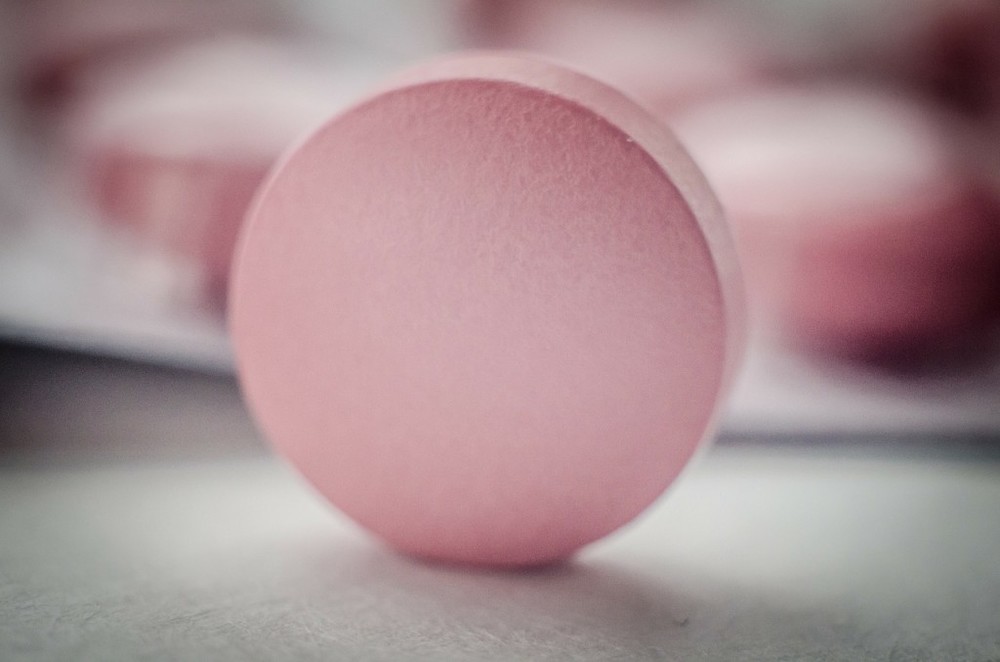Guest Post: Lithium Round Robin

In the summer of 1985, when I was 21, I was prescribed lithium by an old (he probably was middle-aged) and respected psychiatrist in Providence, RI. He had seen me precisely twice before giving me the script. I didn’t know whether to scream, cry, laugh or pout.
Truth is, all of those emotions were swimming within me.
The anti-establishment part of me was tempted to firebomb the doctor’s office (we are talking about impulses). “You crotchety old man,” I would shriek, “Why do you think you’re better than me? You don’t even know me! Is this your way of CALMING ME DOWN so I won’t spew truth and honesty about your pitiful and morally bankrupt profession all over your pristine suit? You only want to quell my palpable sexuality so you won’t be lured in.”
The scared, wayward, misunderstood child would sob, saying, “What is wrong with me? Why can’t I be like NORMAL kids? Why do I have to take drugs to stay on an even keel? Will I always be like this?”
The budding artist in me laughed wickedly, thinking, “Ha. My creativity won’t be taken away. Lots of artists are on lithium. The pills might even mark me as a gifted artist for the future. Once people hear I’m on lithium they’ll rightly assume that I have talent. Every person on lithium has got to be a genius. I read it in a magazine.”
I’d also sulk, murmuring sheepishly to my parents, “Why did you do this to me? You’re as bad as the doctor. I’m not really sick. I’ll be good, I promise. Get me off this stuff!”
I went to Cambridge, MA to study Russian at Harvard Summer School. In the steamy New England heat, I could barely concentrate. Despite the fact that I believed being at Harvard – where two good friends were – was a direct reflection of my superior, lithium-induced intelligence, I was always thirsty – and shaky. I remember skulking around Harvard Square, in search of the elusive lemonade that would quench my thirst. And still: I ran to a pay phone and dialed my good friend who was staying in a dorm in the Yard. “What is it?” she asked when she heard me whine. “What can I do?”
Out of breath, I replied, “I’m just so, so thirsty,” which at that point could have meant “I’ve been hit by a bullet. Come quick.” Lithium was making be crazy. Grandiosity was also part of the picture. As I stalked around Harvard, wild and bulging eyes darting, searching for a sating beverage, people, very, very smart people, were beginning to stare.
Through the years, my relationship with lithium mellowed. The drug became my friend. I came to think of the yellow and gray capsules as my protector. The last thing I did at night and the first thing in the morning, a loyal lover. For the better part of 30 years – give or take several depressive episodes – it held me tight, kept me sane. Only twice did I “break through” the lithium and briefly experience psychosis, a knee-jerk reaction of my body for not having sufficient medication in my system.
Now, exactly 30 years from that Harvard summer, the effects of my medication is much more concrete. My nephrologist tells me I’m in stage 3 kidney failure, due to long-term lithium use. There is a reason that I’ve felt thirsty all these years. Doctors say “the kidneys cannot respond to anti-diuretic hormone (ADH), a chemical messenger that controls fluid balance. This results in greater than normal urine out-put and excessive thirst.”
While the kidney doctor is concerned in no uncertain terms, my current shrink remains, at least at first blush, dubious. “It’s not a death sentence,” he recently told me, “you can live without a kidney.” My nephrologist was more direct: “At the rate you’re going, you’ll be in dialysis in 6 years. Life expectancy for dialysis is 8 years.” He was completely serious. But, he added, it will be a “big headache” for your psychiatrist.
My psychiatrist has since vowed that he, too, cares about my kidneys. So now begins the strategy for how to get off my beloved drug (and onto a new one). My 21-year-old self has appeared again. “Who put me on this drug, anyway? Why does it always have to be me? It’s punishment for the over-sensitive!” Or, as the nephrologist put it, “Who is granting me the ultimatum between the psychiatric hospital and dialysis?”
Get me off this stuff!
*****

Claudia was diagnosed bipolar in 1985. A language teacher and translator for many years, today she works as a project coordinator for mental health at Consumer Action Network in Washington, DC. She enjoys lending her lived experience to mental health consumers. She also writes on various topics of mental illness and recovery.
*****
Are you interested in writing for our blog? If so, please check out our Submissions page.

